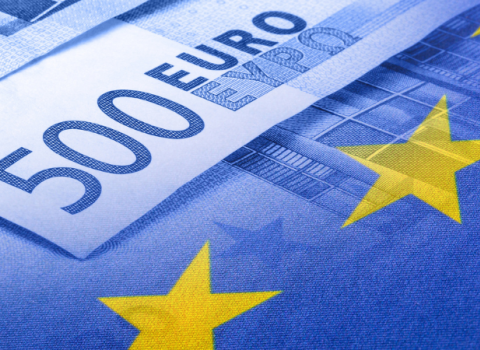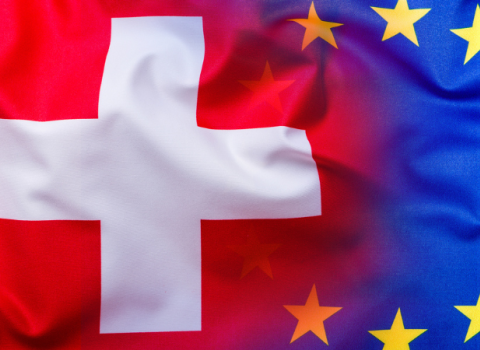A high-level recruitment panel has been named by Research Commissioner Carlos Moedas to begin the search for a new EU science advisory team.
The three charged with finding candidates for the Commission’s new seven-member panel of science advisers are former UK chief science adviser and special representative for climate change, David King; the chair of the Dutch Royal Academy of Sciences Rianne Letschert; and António Vitorino, former Justice Commissioner and president of the Jacques Delors Institute, a European policy think tank.
The new scouts met Moedas on Monday, “To define the criteria and method for identifying members … and recommend potential candidates for selection.”
Moedas announced the Commission’s new route to scientific advice – formally referred to as the Scientific Advisory Mechanism – in May. It will fill the hole left when the chief scientific adviser role was axed last year by Commission President Jean-Claude Juncker.
“I am delighted that we have such renowned experts to help us select the best people to give the European Commission high-quality, independent scientific advice," Moedas said.
As former chief science adviser to the UK government from 2000 to 2007, King is the most high-profile member of the new panel. Alongside his current diplomatic role in climate change, he is also chancellor of Liverpool University, emeritus professor in physical chemistry at Cambridge University; chairman of the UK’s Future Cities Catapult and a senior scientific adviser to the financial services company, UBS.
Alongside her role with the Dutch Royal Academy of Sciences, Letschert serves as director of Tilburg’s International Victimology Institute.
Vitorino, a lawyer by training, is a member of Portugal’s Socialist party. He is known primarily to Portuguese people for his political punditry on TV.
Once recruited, the Commission aims to have the new panel of scientific advisers working by early October.
How to pick a panel of science advisers
The new panel will oversee the process by which the Commission gets scientific advice on often contentious issues such as shale gas extraction or genetically modified organisms. In an interview with Science|Business in May, the Commission’s Director-General for Research and Innovation Robert-Jan Smits said it will not be composed of Nobel Prize winners, leaving open the question of what the criteria for getting a seat on the panel will be.
“Selecting the members is a tricky task,” said Holger Straßheim, a researcher at the WZB Berlin Social Research Centre. “Scientific excellence is certainly an important criterion but experience at the interface between science and policy is also vital.”
“The group needs to be interdisciplinary but it should also somehow reflect the different advisory traditions from member states – bringing together people from universities, academies, advisory commissions and government research organisations,” Straßheim said.
As in any EU committee or panel, the most important criterion will probably turn out to be nationality, because the “big” countries will demand representation, said former rector and chancellor of Helsinki University, Kari Raivio. “This means ordering EU countries by population, with a cut-off at seven. Still I hope that a competent candidate from the Netherlands, Sweden or even Finland might have a chance,” Raivio said.
In addition to being, “widely respected and well-connected senior scholars”, the new panel needs to reflect different disciplines, including social science and humanities, said Martin Kowarsch, a researcher at the Mercator Research Institute on Global Commons and Climate Change in Berlin. “Thus far, the focus unfortunately [is] on natural science,” he said.
Raivio welcomed the Commission’s suggestion that the pool of candidates will extend beyond Nobel winners. “Although many of the laureates are truly outstanding, many others are nerds and totally useless outside their narrow area of expertise,” he said.





 A unique international forum for public research organisations and companies to connect their external engagement with strategic interests around their R&D system.
A unique international forum for public research organisations and companies to connect their external engagement with strategic interests around their R&D system.